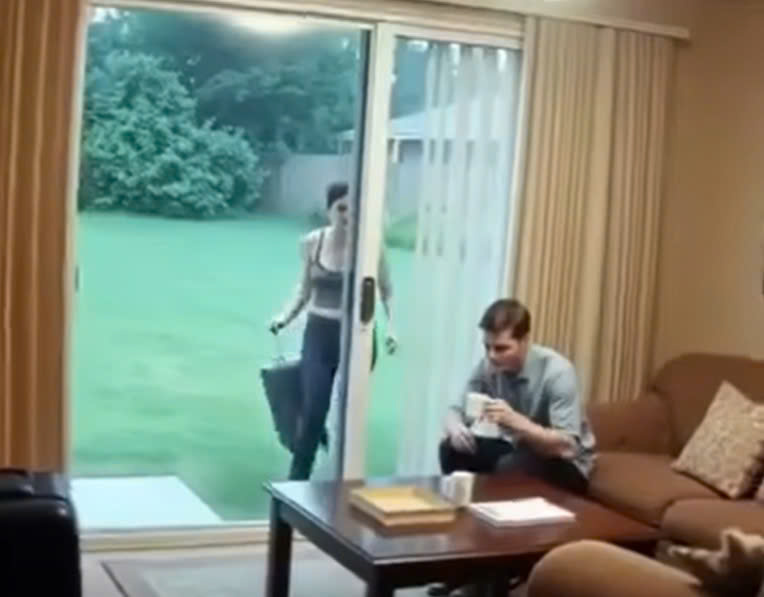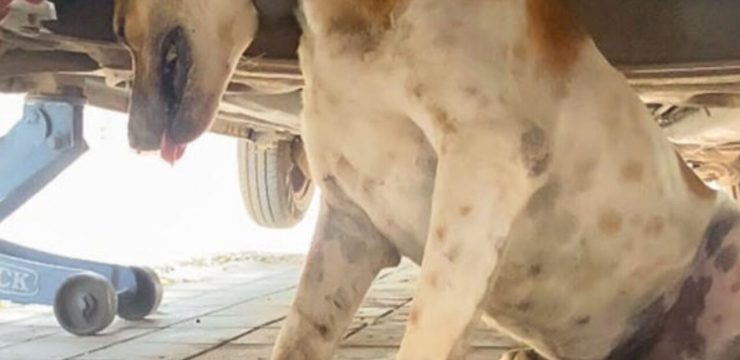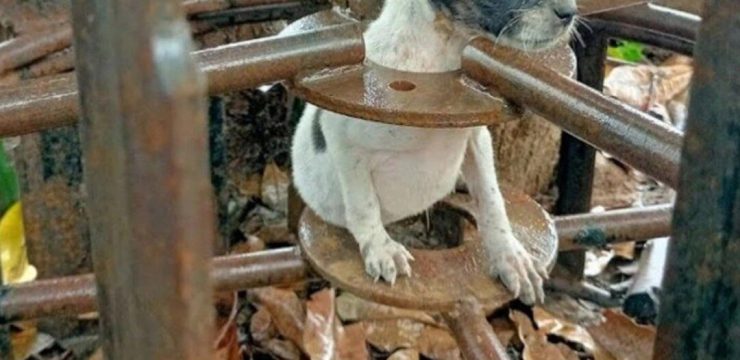When Emma told me she needed space, her words were calm and gentle, but they still hit me with a heaviness I couldn’t ignore. At first, I tried to interpret her request in the most positive way possible. I assumed she simply needed a breather — a little room to think, to reflect, to settle whatever emotions she was struggling with. I believed it was temporary, just a short pause, nothing more. I convinced myself it wasn’t the beginning of the end. What I didn’t know then was that this simple request would push me into one of the most defining chapters of my life.

Looking back, the signs had been there long before her request. They were small, quiet shifts — not explosive, not obvious, but real nonetheless. Emma had grown distant, and the distance showed in ways only someone who loved her would notice. Her smiles felt lighter, almost forced. Her voice carried less warmth. Even when she sat beside me, her mind seemed miles away. It was as though a soft but steady emotional drift had been pulling her outward, and I had no idea how to bring her back.
I told myself it was just stress. She had always taken on more responsibilities than she should, always trying to handle everything on her own. She never liked being a burden, so she kept her struggles tightly wrapped. I didn’t want to pressure her, so I let the silences slide. I let the short answers slide. I let the tired expressions slide. I kept reassuring myself it was just a phase.
But deep down, something inside me felt a slow, growing ache — the kind that comes when you sense a connection slipping through your fingers, yet you can’t figure out how to hold on.
Then one night in April, everything shifted. We were sitting on the couch while the TV played in the background. Emma wasn’t watching. She was twisting the bracelet on her wrist, her eyes distant, her posture stiff. I could feel something important building in the air between us. When she finally spoke, her voice wavered just slightly.
“I just need some space,” she said.
Those five words stayed suspended in the silence after she said them. I tried to stay grounded. I asked if she wanted a break, if she needed time alone, if something was wrong. She didn’t give a clear answer. She didn’t want labels or definitions. She simply said she needed time to breathe, to think, to find clarity. And because I loved her, I agreed — even though the moment the words left her mouth, a part of me already felt the foundation shifting beneath us.
After that conversation, the days were heavy. My phone became something I checked constantly, hoping she would reach out. Instead, the silence between us grew thicker. Her absence felt louder than her presence ever had. I tried to give her what she asked for. I didn’t push. I didn’t beg. I didn’t overwhelm her with questions. I told myself patience made me strong, but instead it felt like I was slowly unraveling.
Three weeks later, everything came crashing down in the most unexpected way.
I was scrolling through social media when a photo stopped me cold. There she was — standing on a beach, sunlight dancing on her hair, wearing a blue sundress that flowed around her legs. She looked carefree, glowing in a way I hadn’t seen in months. But it wasn’t the smile or the scenery that shattered me. It was the man standing beside her.
Ryan.
His arm was around her shoulders, as though it naturally belonged there. And she wasn’t stepping away. She leaned into him with a comfort that broke the last bit of hope I had been carefully protecting.
Her caption read:
“Sometimes you need to escape to find yourself. ✨”
My heart went quiet. Completely still. I wasn’t angry yet — just stunned by the clarity staring back at me. Her need for “space” wasn’t about breathing, or healing, or reflection. It was about stepping toward someone else without telling me.
I sent her the picture with a short message:
“Looks like you’re enjoying your space.”
Her reply came quickly:
“You’re overreacting. Ryan and I are just friends. You’re being paranoid.”
Those words didn’t calm me — they confirmed everything. She wasn’t confused. She wasn’t lost. She wasn’t seeking clarity. She simply didn’t want to say goodbye out loud.
At that moment, I realized I had been fighting for a relationship she had already walked away from internally. So instead of arguing, I made a choice for myself. I blocked her number. Removed her from social media. Deleted our pictures. Not out of anger, but out of self-preservation — because I deserved more than being strung along.
The days that followed were brutal. My apartment felt like a museum of memories. Every room echoed with reminders of her. But heartbreak, as overwhelming as it feels, has a strange way of pushing you toward growth.
My friend Marcus visited one afternoon, sat beside me, and said something that changed everything:
“You didn’t lose someone who loved you. You let go of someone who didn’t choose you. That takes courage.”
His words shifted something inside me. I started finding my way back to myself. I picked up my guitar again — something I had abandoned. Music flowed out of me like it had been waiting for this release. I reconnected with close friends. I took long walks. I let myself be present without wondering where Emma was or who she was with.
Two weeks later, I ran into her sister, Claire, who gently confirmed what I had started to realize: Emma had emotionally checked out long before she asked for space. Hearing the truth didn’t hurt — it freed me.
Weeks later, Emma reached out from a friend’s phone asking to talk. I agreed, not because I wanted her back, but because closure matters. We met at a café, and she apologized — admitting confusion, admitting selfishness, admitting she didn’t handle things right. I listened calmly, without anger or longing. When she finished, I said:
“I need space too — space from uncertainty, space from doubt, and space from being treated like an option.”
She didn’t respond. She just nodded, and for the first time, I felt real peace.
Healing took time, but I grew stronger. I joined a music group. I performed again. I wrote a song called The Space Between, capturing everything I learned about boundaries and self-respect.
Eventually, I started dating again — not to replace Emma, but because I finally understood my worth. When I met Sarah, everything was different. There were no games. No disappearing. No mixed signals. We chose each other every day.
A year later, I saw Emma at a wedding. We exchanged polite smiles. There was no tension — no unfinished chapter. That moment showed me just how far I had come.
And that’s when the truth settled in. Emma wasn’t the love story. She was the lesson. She taught me what love shouldn’t feel like. She taught me the value of choosing myself.
When she asked for space, she unknowingly gave me the room to discover who I truly was.
In losing her, I found myself.





